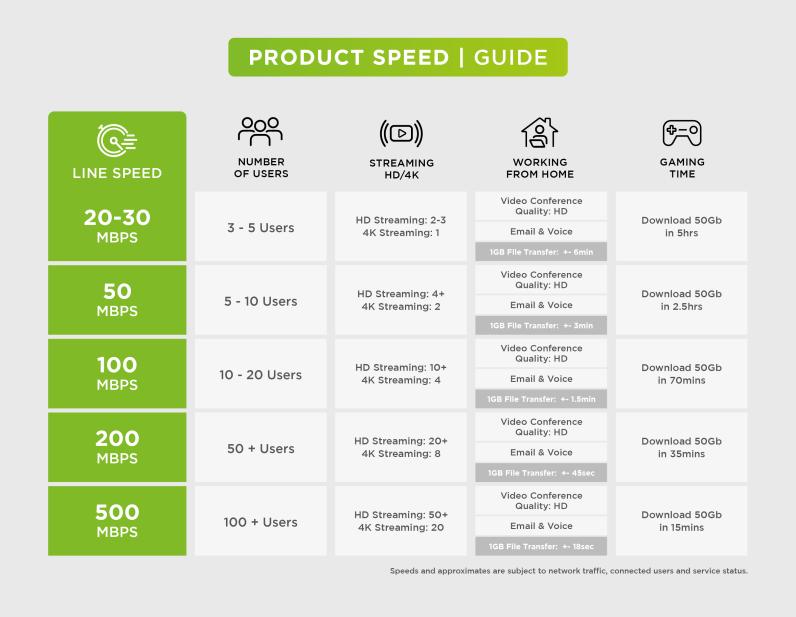The world is constantly evolving, and with new advances in technology, the future looks even brighter. One particular breakthrough in the realm of artificial intelligence is Open AI, and it will likely have a major impact on the future of the world.
Open AI is an artificial intelligence research company founded in 2015 by a group of AI and robotics experts, including Tesla and SpaceX CEO Elon Musk. By creating an innovative set of tools and enabling ecosystems, Open AI is striving to create more general artificial intelligence (AGI) for robots and ultimately improve the welfare of all people.
Open AI's tools can help speed up solutions to tough problems, tasks, and processes that computers were previously unable to address, thus removing some of the laborious aspects of research and development. The company has been investing heavily in robotics, unsupervised machine learning, natural language processing, and AI-driven automation testing which will ultimately help create robots that are capable of understanding human commands.
One of the most exciting implications of Open AI is its potential to revolutionize the way humans interact with technology. By creating an AI-driven environment, the possibility of robots and machines doing the most tedious tasks, communicating with other humans, and operating without much to human intervention is now a reality.
Open AI is also likely to have profound implications for the economy. It could significantly reduce the cost of production and increase the efficiency of existing processes, which could make work more enjoyable and help to drive economic growth. Open AI could also make it much easier for robots to cooperate with each other, making it easier for businesses to delegate tasks and leverage collective intelligence.
In conclusion, Open AI is quickly becoming a transforming force in the world of artificial intelligence, and its innovations have the potential to have major impacts on the economy, the labour force, and the way humans interact with technology. We are now closer than ever to achieving general AI and using it to improve the lives of all people.
This blog was written by Open AI
















